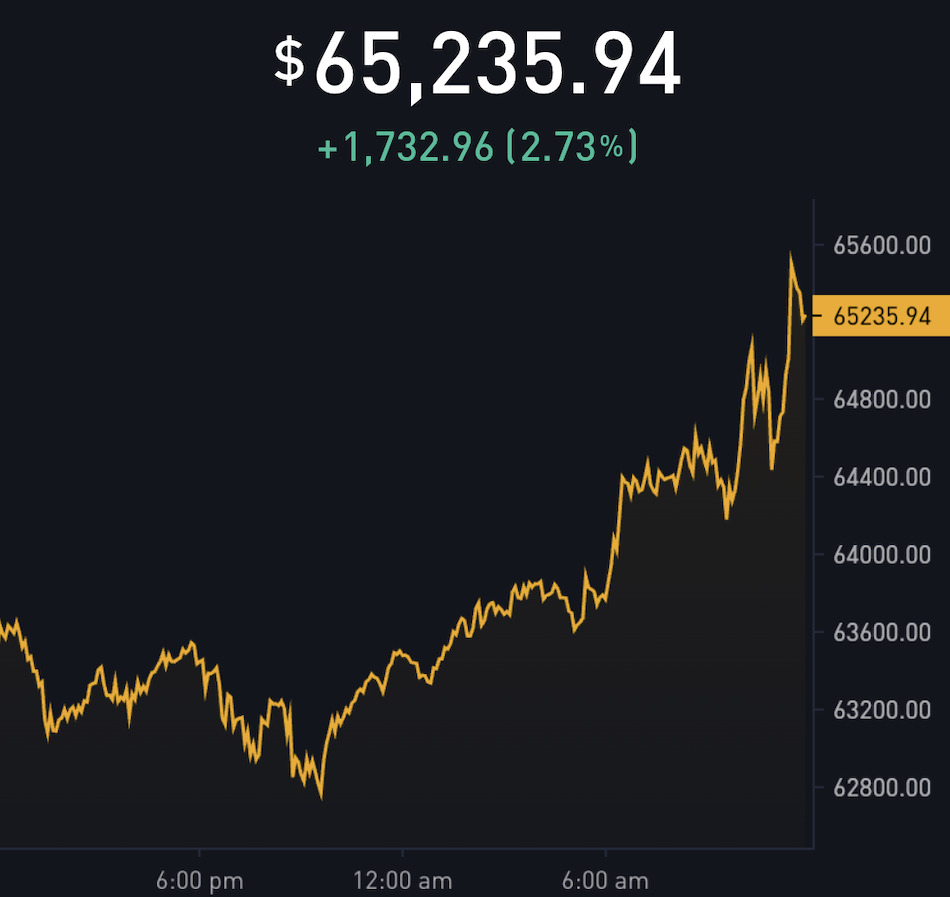
Key Takeaways
- Bitcoin is argued to be protected by the First Amendment.
- Its use and mining are forms of speech and expressive conduct.
- Recent government actions against Bitcoin may infringe on free speech rights.
Bitcoin, a decentralized digital ledger, has been used globally for over a decade, enabling users to transfer value and information without centralized intermediaries.
A recent paper argues that Bitcoin qualifies as speech and is protected by the First Amendment. The paper argues that this protection covers not only the act of using Bitcoin but also the processes of mining it, which are viewed as expressive conduct.
Arguments from the paper
Bitcoin functions through constant communication among its users, who share transaction data across a network. This continuous exchange is considered a form of speech, and recent innovations, such as “Ordinals,” have allowed users to inscribe millions of pieces of expressive content on the blockchain, from poems to political messages.
Furthermore, the paper argues that Bitcoin’s political roots—created in response to government-controlled money systems—suggest that its users are engaged in a form of protest against fiat currency, solidifying the claim that Bitcoin use is a protected form of expressive conduct.
Recent regulations, such as New York’s moratorium on Bitcoin mining, have been criticized for not considering these constitutional protections. The argument is made that targeting Bitcoin in this way violates First Amendment rights, and future regulations must carefully consider these protections.




